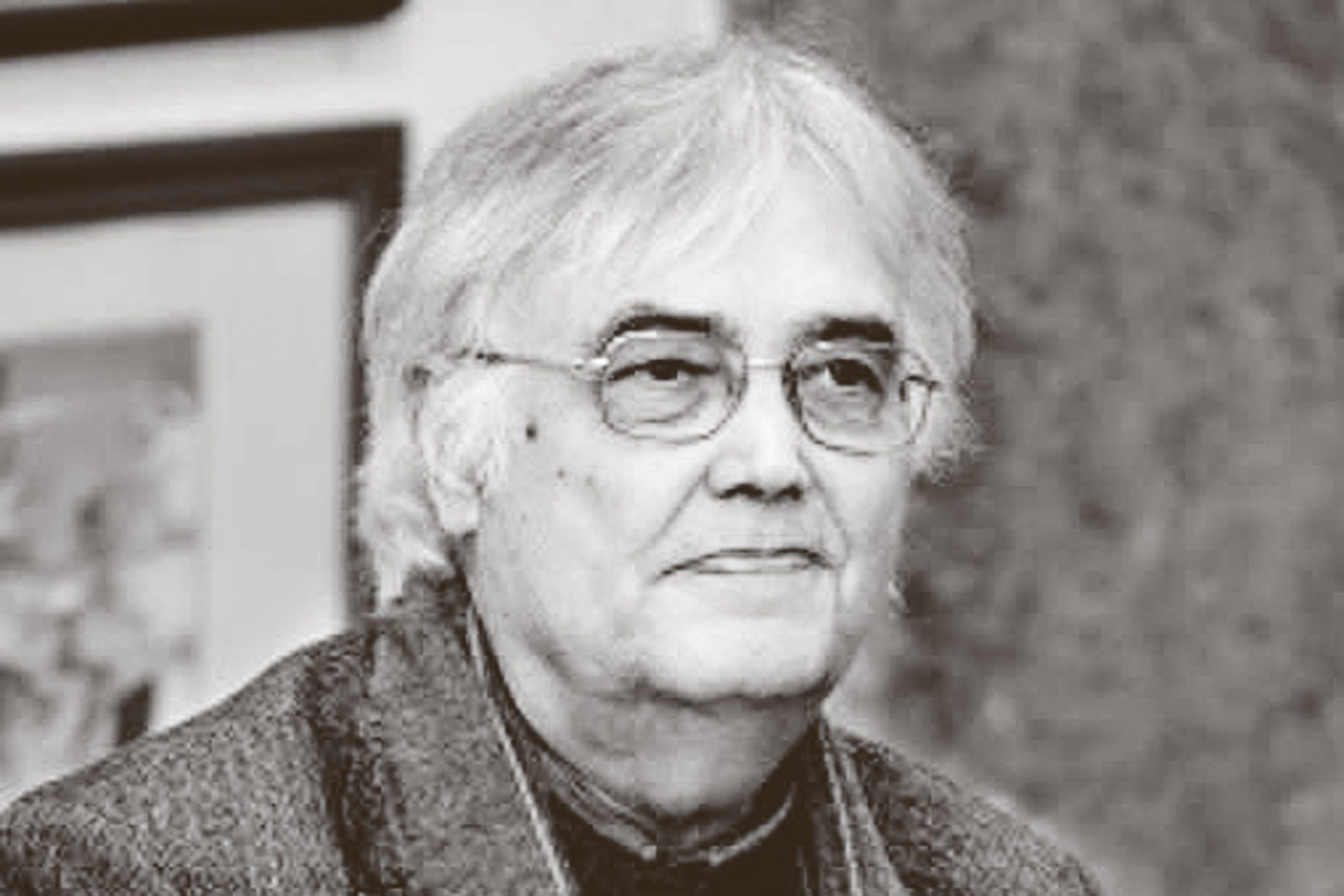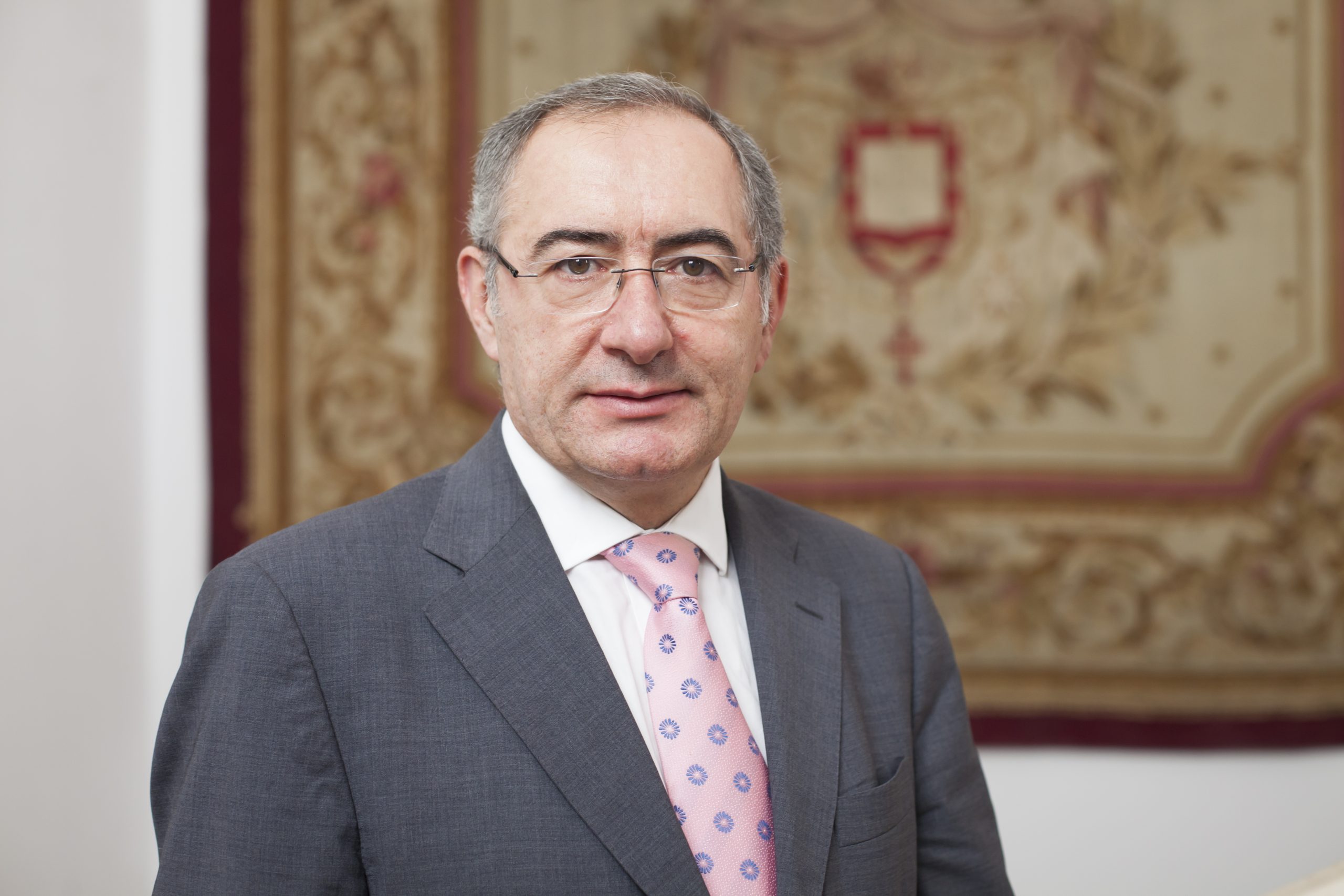Fernando Martinho. The most available of the masters

His affable and unarmed generosity made him a very dear figure in a territory marked by deaf, inexplicable hostilities. He hovered with his discreet smile, and plunging into the wise autism of his scholarly condition, not allowing himself to be punished in the intrigues of a literary medium that only removes that buzz, in which they conflict together and distinct, as in a choir, the voices of characters that were becoming irrelevant by the inanity of their purposes. In it, on the contrary, there was not that mediocre pose of cabotage, but an interest in the movements that capture the words, in condensation of different times, with the past that is again, the scraps, present, and these objects and figures that return in their disquiet fullness. Fernando Jb Martinho was the teacher, someone who was committed to this narrative development of the elements of vigor of literary history, assuming that air of daily complicity, disaffected, with a serenity that was still impregnated with concise and melancholy poetry of life and his flow, sometimes in love, sometimes desolate and fleeting.
Alongside his classes, he has always been committed as an essayist and a scholar of contemporary poetry, and intervening as a literary critic in a number of periodic publications, always attentive, curious, assuming a decisive role in this permanent round table that, because they have so many seem to be committed to their promotion schemes, needs to have a few that manifest that integrity and commitment to such values. others.
Fernando Jb Martinho died on Tuesday, at the age of 87, and the choir tuned in the brief notes in which his cordiality, delicacy, kindness was remembered. In a way, it passed unharmed. He came and found this salvation of life that is poetry, having recognized in Fernando Pessoa a master, a polar figure, having been given the possibility of living this delivery in the academy, having been the man who produced an immense encyclopedic knowledge, and did not feel the need for other painful seductions, remaining loyal to the poignant constellation of a wide ignored tradition.
Born in Portalegre in 1938, he graduated in Germanic Philology and PhD in Portuguese literature at the Faculty of Letters of the University of Lisbon, where he taught in the Department of Romance Literature and created the Chair of Literature Theory and Personal Studies. He was a Portuguese reader at the Universities of Bristol, the United Kingdom, and Santa Barbara, California, where he worked with Jorge de Sena. In addition to Portuguese contemporary poetry, he also dedicated himself to African literatures of Portuguese expression. It leaves a huge work dispersed, besides a few titles gathering rehearsals that form an informed and lucid perspective of the great starters that were given to the ear of this language. It is the impression of a man who was busy with this sacred game that nothing is missing, even if the gods are absent. We are in the light of its detachment, this serenity in judgment, which is, after all, one of the best human characteristics.






:format(webp)/s3/static.nrc.nl/images/gn4/stripped/data133314127-765aec.jpg)
